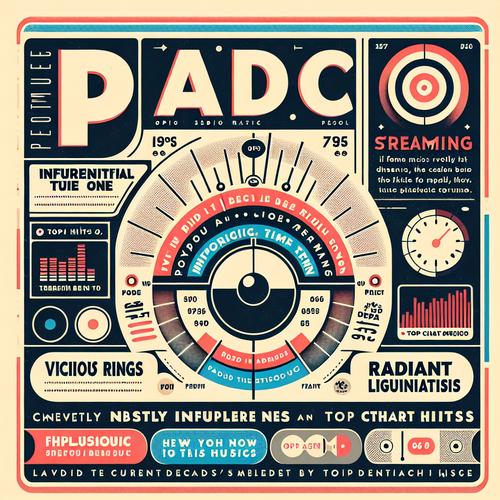
Brazil is a country with a rich musical tapestry, and among its many artists, Gildo de Freitas stands out as a legendary figure of regional music from Rio Grande do Sul. Known for his skill as an improviser and troubadour, Gildo de Freitas has a history that is deeply intertwined with the cultural traditions of Rio Grande do Sul.
Thes of Gildo de Freitas
Born on June 19, 1919, in Porto Alegre, Gildo de Freitas began his musical career influenced by pampas traditions. His unique style was shaped by local and rural life, reflecting the spirit of the gauchos and their experiences.
From an early age, Gildo showed a passion for music and poetry, often participating in improvisation challenges, the famous 'repentes', which are a trademark of native music from Rio Grande do Sul. His ability to create verses in the heat of the moment made him a charismatic and highly respected figure.
The of Traditional Gaucho Music
The music of Gildo de Freitas is a reflection of the traditional sounds of the south of the country. Instruments such as the bagpipe, guitar and guitar are pillars in the accompaniment of his songs, while the theme of his lyrics often revolves around love for the land, for the family and for gaucho traditions.
Legacy and Recognition
Gildo de Freitas' legacy goes beyond his songs. As one of the precursors of the style that later became known as 'Teatro de Arena', he brought everyday rural stories to the stage, with a touch of humor and social criticism. His influence is still felt today, and he is considered one of the big names in Brazilian folk music.
Conclusion
Gildo de Freitas was an artist who managed to capture the essence of Rio Grande do Sul in his music and poetry. His talent for improvisation and his connection with the cultural roots of the region made him an unforgettable figure in the history of Brazilian music. While his music continues to inspire new generations, his musical background remains a testament to the power of tradition and gaucho cultural identity.


